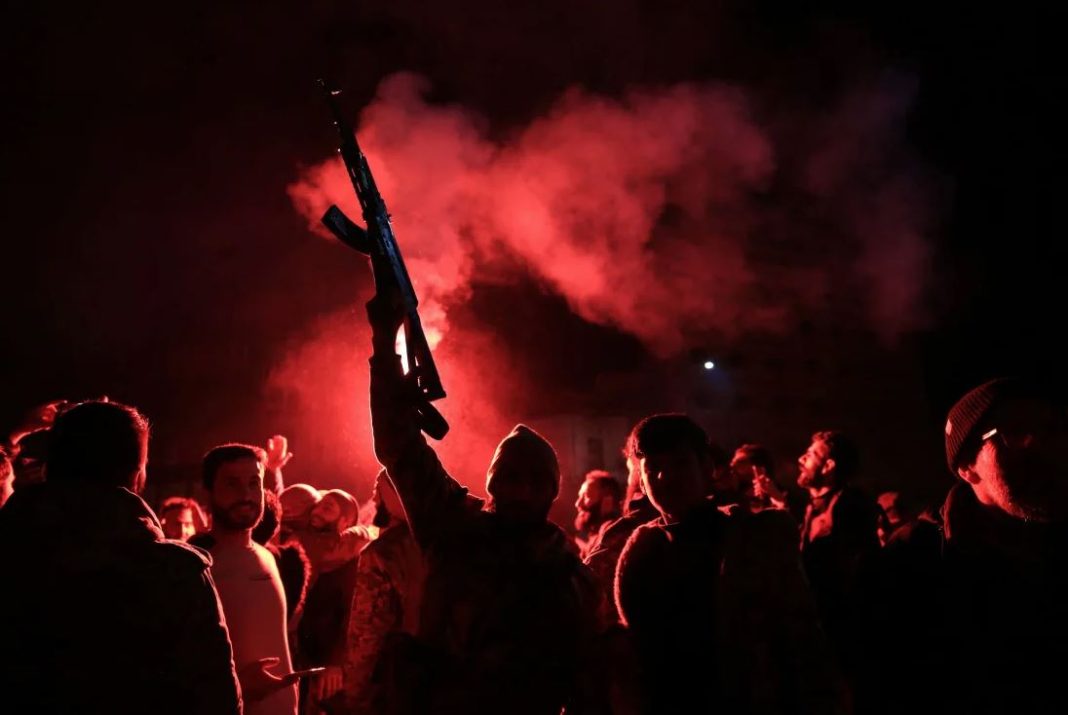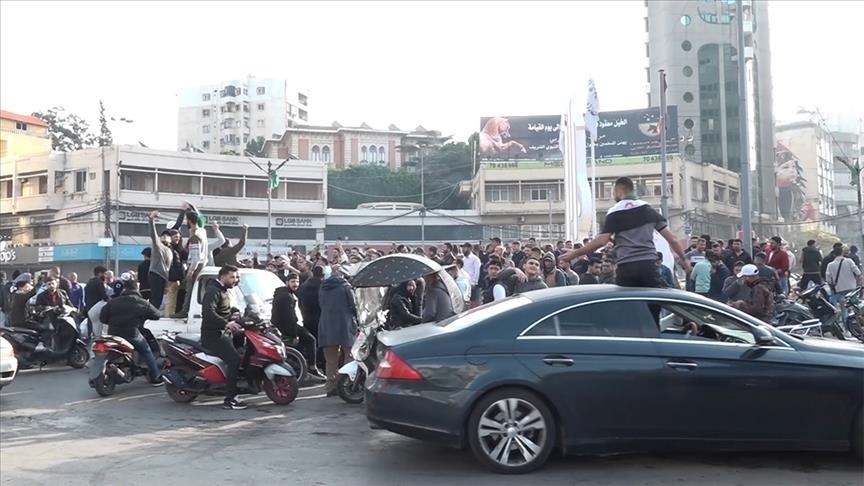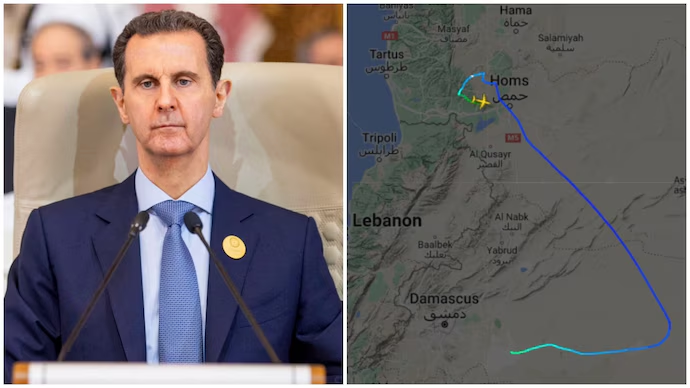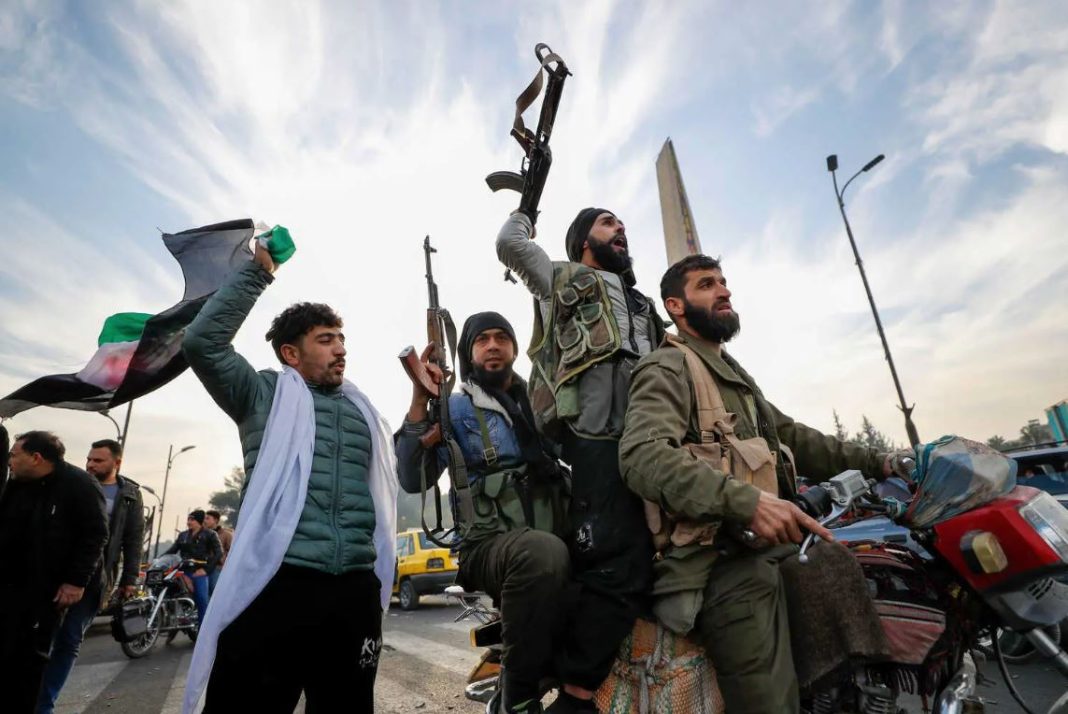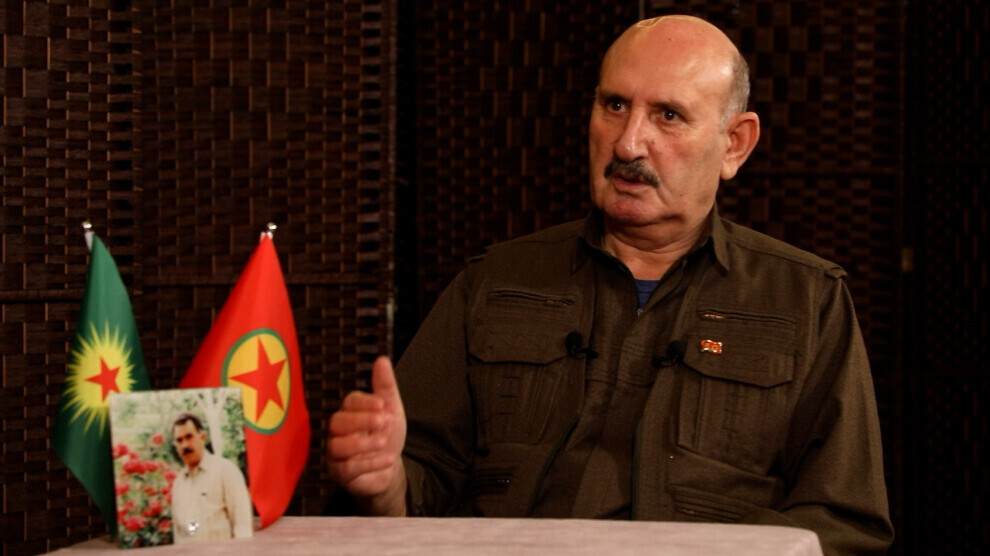IRAQ
Kirkuk's environmental crisis: rising concerns over oil industry's impact
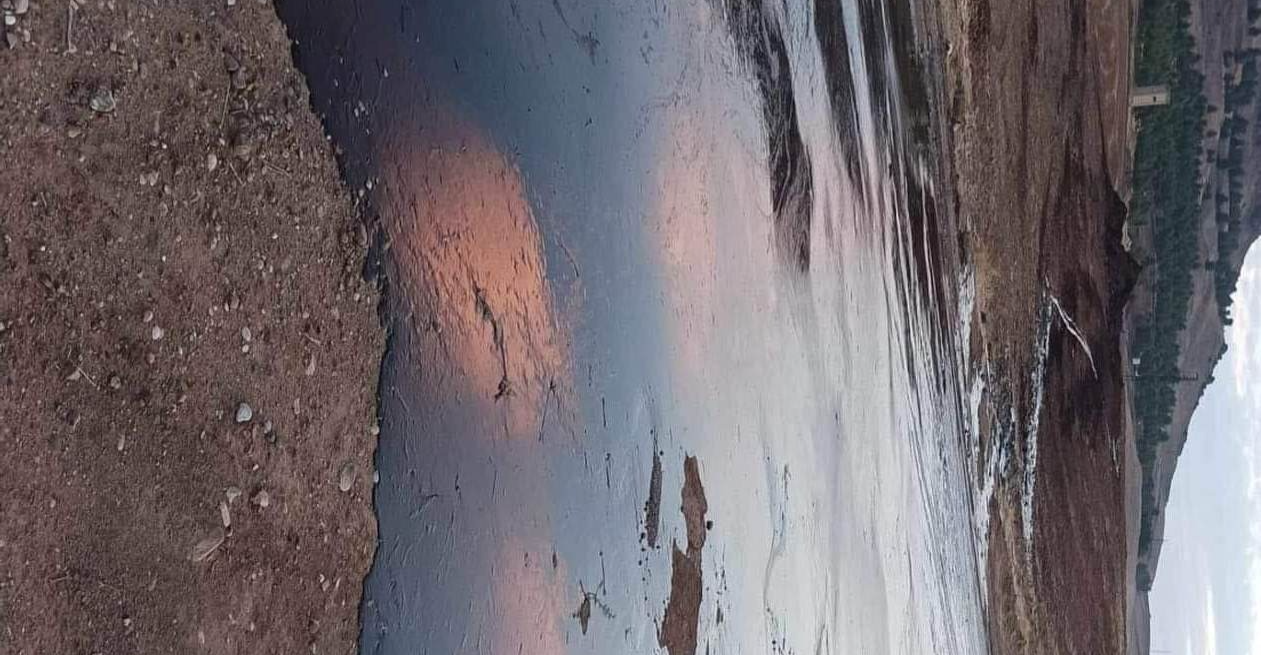
Shafaq News/ Kirkuk, a historic oil hub in Iraq, is now facing an environmental crisis fueled by decades of unregulated oil extraction and processing. The persistent gas odor haunting the outskirts of Kirkuk has left residents not only concerned but also questioning the long-term implications for their health and the environment.
Citizens Voice Concerns
Residents frequently protest against the recurring foul odors, particularly the gases and unpleasant smells emanating from the northern parts of the province, where the oil wells operated by the North Oil Company are located.
Hussein Adel, a resident of Kirkuk, told Shafaq News Agency that the city had recently experienced a surge in the smell of gas, which he attributed to activities at the oil refineries and facilities of the North Oil Company.
"These odors are polluting Kirkuk’s environment," Adel said, emphasizing the proximity of the affected areas to oil wells. He added that "oil companies should take responsibility by supporting environmental initiatives and increasing green spaces."
While residents express their frustrations, officials have zeroed in on the North Oil Company as the primary source of the problem.
North Oil Company: The Major Polluter
The Directorate of Environment in Kirkuk has identified the North Oil Company (NOC) as the region’s largest polluter, responsible for 80% of the environmental contamination in the area.
Ali Ezzedin, the Directorate’s head, told Shafaq News Agency, "The North Oil Company burns associated gas, releasing harmful emissions into the atmosphere."
Ezzedin elaborated that “the company operates around 28 oil fields equipped with gas flaring towers. These towers, lacking proper filtration systems, fail to meet environmental standards.”
"The associated gas, instead of being burned, could be used for power generation and other productive purposes," he explained, adding, "If properly managed, this could significantly reduce environmental risks in Kirkuk. Unfortunately, the company has yet to adopt these measures."
In comparison, he noted that the North Gas Company (NGC) adheres to environmental regulations and is less polluting than the North Oil Company.
Oil Valley: Formation and Consequences
The Oil Valley, a 10-kilometer-long land depression originating from the NOC, has become a dumping ground for the company’s daily production waste. It channels around 150,000 barrels of waste each day, stretching from Kirkuk towards Saladin province.
Environmental expert Salam Jameel highlighted the damaging impact of oil operations on local waterways.
Speaking to Shafaq News Agency, Jameel explained, "The water used for injecting oil wells, mixed with black crude oil, is discharged into a river that flows through the Oil Valley.
This waste accumulates in areas southwest of Kirkuk, creating large oil-laden water surfaces."
The Oil Valley runs parallel to Kirkuk-Dibis Road, extending to the subdistrict of Yaychi and beyond, ultimately reaching areas near al-Multaqa. The waste, often oil-laden, gathers in stagnant pools, posing long-term environmental challenges.
The black crude oil discharged into the Oil Valley is one of the significant pollutants. This waste, a mixture of crude oil and water used during extraction, cannot be refined or added to production.
Jameel noted that NOC employs a method called "water injection into wells," commonly known as water flooding, to enhance the recovery of oil from a reservoir by maintaining or increasing pressure and displacing oil towards production wells.
Previously, the company used around 60,000 barrels of water daily, but this figure has now surpassed one million barrels due to ongoing field development.
The environmental costs of these operations also have far-reaching economic implications.
Economic Implications and Future Solutions
Economic expert Ali Khalil criticized oil companies in Kirkuk for failing to install filtration systems on extraction towers, which exacerbate environmental degradation. He highlighted Iraq’s ambitious plans to halt gas flaring entirely by 2028.
"By ending gas flaring, Iraq can significantly reduce emissions and harness this energy for power generation and industrial development," Khalil explained.
Khalil noted that “Iraq's utilization rate of associated gas rose from 51% in 2022 to over 65% in 2023, driven by collaborative projects with global companies. With reserves exceeding 145 billion barrels of oil and over 130 trillion cubic feet of confirmed gas reserves, Iraq aims to enhance its global standing in energy production while addressing environmental challenges.”
“The North Oil Company, under a new contract with British Petroleum (BP), is expected to install filtration systems on its towers and establish a central processing plant. This initiative could transform gas currently burned into electricity, creating a sustainable energy solution for the region.”
Kirkuk’s oil reserves, estimated at 10-13 billion barrels, represent 12% of Iraq’s total reserves. However, this wealth comes with environmental costs. As key fields like Baba Gurgur, Khabbaz, and Bai Hassan operate at reduced capacities, the environmental toll of decades-long unregulated practices continues to rise.
Experts and officials agree that without immediate intervention, Kirkuk’s environmental crisis will worsen, impacting not only local ecosystems but also public health and economic stability.
